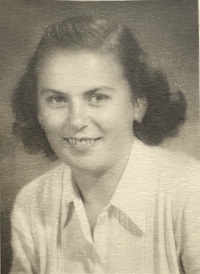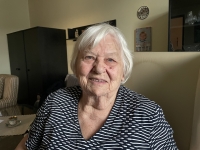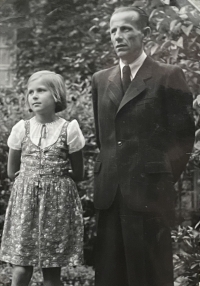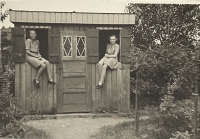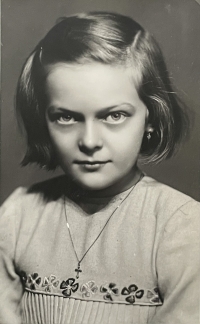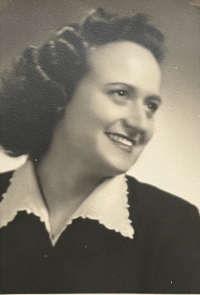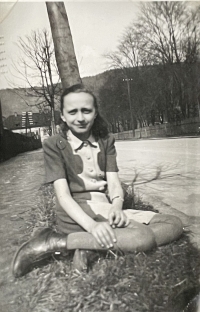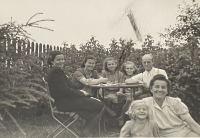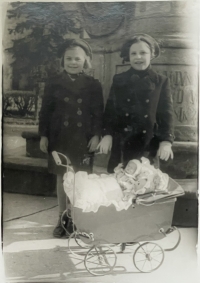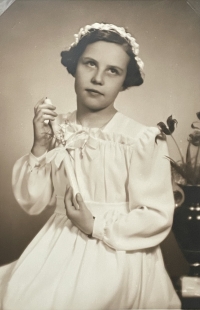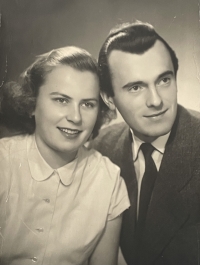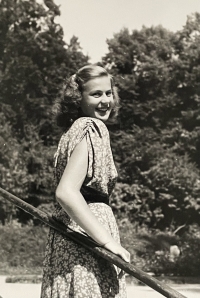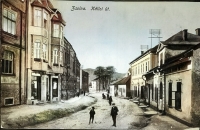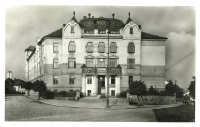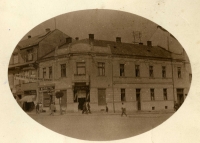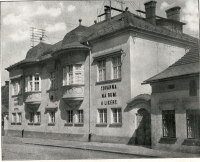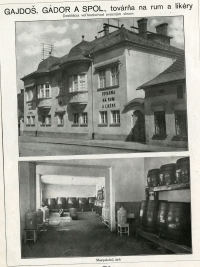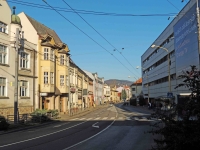As children, we did not decide whether someone was a Jew or a „non-Jew“

Stáhnout obrázek
Margita Naďová, nee Humelová, was born on March 6, 1931 in Žilina. as the only child of Ján Humel and Helena, née Klčová. During the war, they lived in sublease on Kálov Street in the house of doctor Schlesinger. The father knew German and worked in Machine factory of Považie, which during the war focused on the production and export of weapons to wartime Germany. Margita became friends with girls who came from different social classes. One friend came from a mixed Jewish-Czech marriage, the other from the Protectorate of Bohemia and Moravia, and the third was the niece of Ferdinand Ďurčanský, one of the co-authors of the Jewish Codex. She remembers the deportation of Jewish families from the neighborhood and the closest neighbors. After the suppression of the SNP, the German command, later the Soviet command, was located in their house after the deported neighbors. She remembers the execution of a member of a guerrilla group not far from their home. After the war, her father had problems because of working for the Germans. In 1946, the family moved from Žilina to Trenčín because of the father‘s work. Margita finished business school and married Michal Naď. Over time, she lost contact with her childhood friends. She experienced the arrival of Warsaw Pact troops in Trenčín. She and her husband were never involved in politics. Both worked in the construction industry all their lives. They raised two children. Margita is retired at the time of recording her lifestory.
